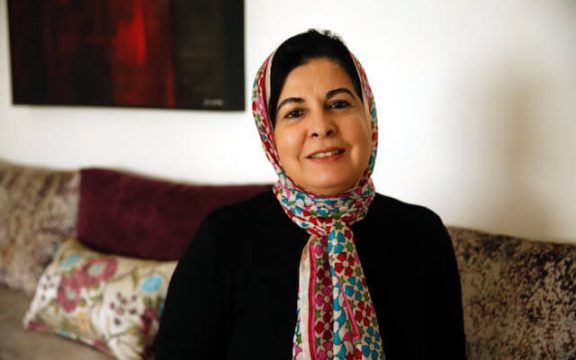One of the universal Islamic teaching, as mentioned by Sheikh Abdul Wahhab Khalaf in his work on Ushul Fiqh, is that none of human life except there are rules, guidance, and direction arranged within the Qur’an and Sunnah. This might raise an assumption as if Muslim are forbidden to learn from others, other than Islam, regarding that Islam has already provided all Muslim’s needs through sharia.
In contrast, Imam Ibn Rushd seemed disagree with the perspective above seeing from his statement within the preface of Bidayah al-Mujtahid book. He asserted that principally Islamic tenet has not “perfect” or “final” yet. However, the sacred text of al-Qur’an and Hadith had already fixed since the death of the prophet meanwhile the human life continuously proceeds and changes along with the changing of situations, conditions, as well as technology.
In this regard, the question to be discussed is: How could a finite text (al-Qur’an and Hadith) answer an omnipresent and ever-changing reality? What is the meaning of universality of Islam as stated by Sheikh Abdul Wahhab Khalaf above? Could these two premises deal or work together thus producing a rational conclusion (natijah)? Or, should Muslim disprove one of them while seeding others?
According to me, those two premises should not be put in vice versa because both basically orient the same. The Islamic universality according to the first statement lies on the universal purpose of sharia, namely providing an Islam-based life system. In their daily activities, thus people can easily behave based on the spirit of Islam without being trapped into formalization. This is so-called maqashid ‘ammah/kulliyyah (universal purpose) of Islamic teaching.
As formulated by al-Raisuni in his work Muhadarat Fi Maqashid al-Syari’ah which asserts that the general purpose of sharia is essentially to bring about peace, justice, as well as protection against religion, soul, reason, property, and human offspring. This means that no matter the sharia product, it must be motivated by, at least, one of those general purposes.
Meanwhile, the second statement argues that in supporting the universality of Islamic tenet, an interpretation is necessarily needed. In this regard, Ibn Rusyd intentionally aimed to criticize some Muslim (the scripturalist) in his time who rejected the use of takwil/qiyas in understanding al-Qur’an and Hadith especially to which is not clearly explained by al-Quran or Hadith.
Those scripturalists believed that since Allah and the Prophet had never discussed about one discourse thus they argued that Muslim are not allowed to produce law on that matter. Based on this perspective, Muslim, in general, might find many difficulties if using this (scriptural) perspective to practice Islam considering that there are a lot of new phenomenon found that had never been discussed by sharia. Moreover for those who lives in the different place with where Islam was revealed.
Likewise, in the countries where Muslim is minority, they obviously find difficulties as well when Islamic tenets are merely understood literally from its text without any other, like local-context, considerations.
In sum, to bring out the universality of Islam through standing on the textual understanding is indeed insufficient. Another consideration–such as local-context, existing tradition, technology, the meaning beyond the text–besides the scriptural doctrine is necessarily needed. Wallahu álam…
This article is translated from Indonesian article on islami.co, written by Yunal Isra https://islami.co/letak-universalitas-ajaran-islam/
![Islami[dot]co](https://en.islami.co/wp-content/themes/jambualas/images/logo.png)










